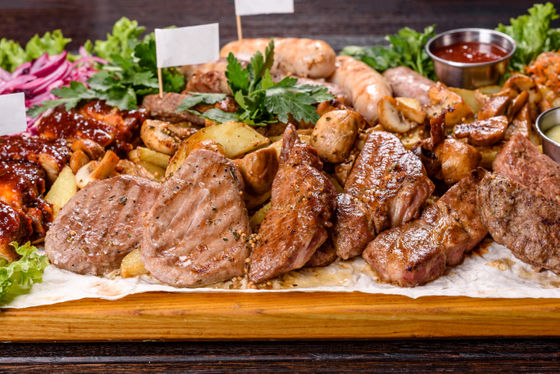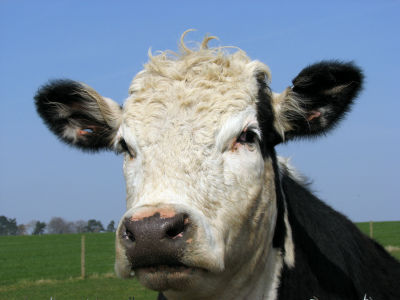Countries with a high number of 'carnivorous men' have a high level of gender equality

When asked about their favorite foods, many men would immediately think of meat dishes such as steak and yakiniku. A study that looked at the meat consumption behavior of men and women in 23 countries, including Japan, found that in most countries, men eat meat more frequently than women, and that the greater the gender equality in a country, the greater the gap in consumption between men and women.
Paradoxical gender effects in meat consumption across cultures | Scientific Reports
meat consumption | | UZH
https://www.news.uzh.ch/en/articles/media/2024/meat-consumption.html
In a study published in the scientific journal Nature on June 13, 2024, a research team led by Christopher Hopwood, a professor of psychology at the University of Zurich, examined the relationship between meat consumption and levels of social and economic development among 20,802 people living in 23 countries.
Data on how much meat people eat was collected through a survey conducted by the online research platform Cint. Around 1,000 participants from each country were recruited to answer questions using a number ranging from '1: I don't eat meat at all' to '11: I eat meat more than twice a day.'
In addition, data on socio-economic development was used from the 2021 Human Development Index (HDI) published by the United Nations and the 2021 Global Gender Gap Index (GGGI) published by the World Economic Forum.

First, the survey results showed that in almost every country, men eat meat more than women. Of the 23 countries, only three - China, India and Indonesia - have roughly equal meat consumption between men and women.
The largest gender gaps in meat consumption were in Germany, Argentina, Poland and the UK, with the gap tending to be larger in countries with higher levels of gender equality and socio-economic development.
Below is a color-coded map of overall meat consumption, with redder representing higher consumption. Thailand had the highest meat consumption for both men and women, followed by China and the United States. Japan ranked 7th out of 23 countries.

And below is a map of the gender gap in meat consumption, with the redder the color, the more men eat meat. As mentioned above, the country with the largest gender gap was Germany, while the country with the smallest gap was China. Japan was ranked 19th.

According to the research team, there is a hypothesis that, regardless of culture or country, men are generally more likely to prefer meat than women. For example, one researcher argued that 'women's immune systems are suppressed through hormonal changes during menstruation and pregnancy, so they may try to avoid meat, which is more likely to contain pathogens.' Another researcher pointed out that 'in a society where men are expected to be good hunters, it is possible that they have come to value the taste of meat, which is the fruit of the hunt.'
Based on these hypotheses and the results of this study, Hopwood concluded, 'As gender equality progresses and society develops, women will be freer to choose to avoid meat, and conversely, men will be able to buy and eat meat more frequently.'
'These findings about meat consumption trends could also inform future efforts to reduce meat consumption and combat climate change. Specifically, in more socially and economically developed countries, where people already have more options when it comes to what they eat, it may be effective to encourage the consumption of plant-based and cultured meat alternatives.'
Conversely, it may be more effective to encourage countries with lower levels of development to produce more plant-based or cultured meat alternatives, as these countries tend to have less efficient livestock and economic systems and less environmental awareness, the team wrote in their paper.
Related Posts:







